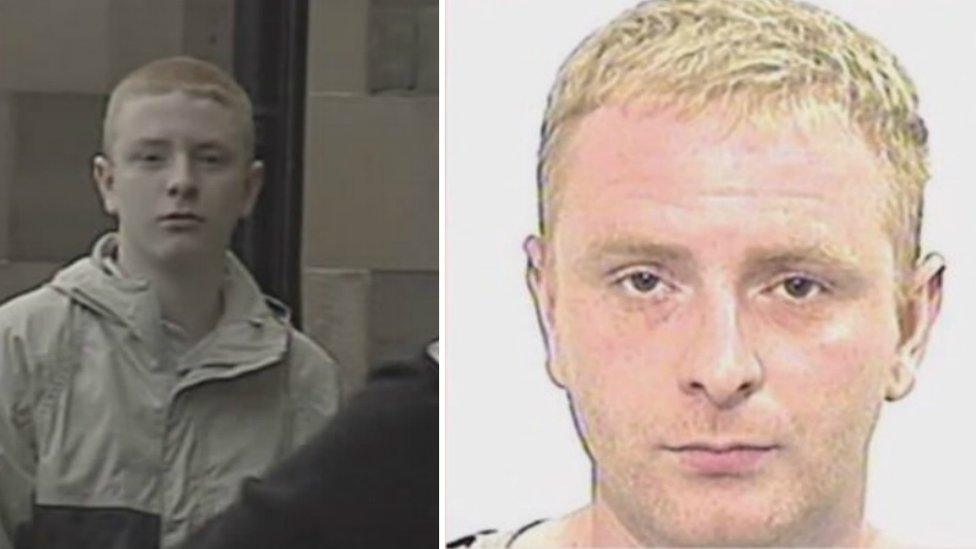Murder bid victim felt 'gagged' by parole confidentiality agreement
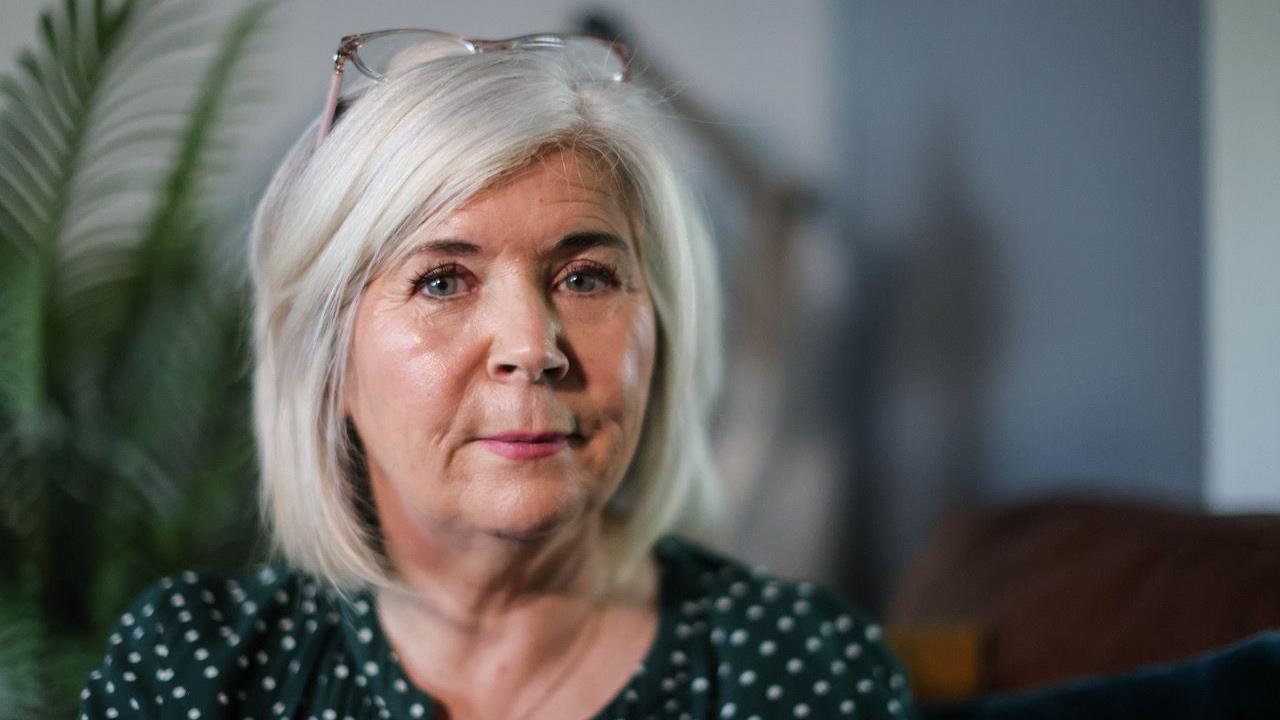
Linda McDonald had to sign a confidentiality agreement to attend her attacker's parole hearing
- Published
A woman who was almost killed by a convicted murderer on home release said she felt "gagged" by having to sign a confidentiality agreement to attend his parole hearing.
Robbie McIntosh attacked Linda McDonald in 2017 while he was on home leave from jail, where he was already serving a sentence for the murder of Anne Nicoll.
Ms McDonald said she felt McIntosh's right to privacy took priority over her rights as a victim.
She risks a "substantial fine" if she reveals any information or personal data discussed at the hearing, which took place last month.
McIntosh was sentenced to a minimum of five years for the attack on Ms McDonald and was also given an Order for Lifelong Restriction (OLR), which means he may never be released from prison.
He was first eligible to apply for parole in 2022, following his five-year term for the attempted murder of Ms McDonald.
It is understood no application for release was made on McIntosh's behalf on that occasion or at last month's hearing. The case will be reviewed in two years.
Ms McDonald said she felt the hearings were traumatising, but that she wanted to attend as part of her recovery.
However, she expressed frustration that she could only attend if she signed a confidentiality agreement.
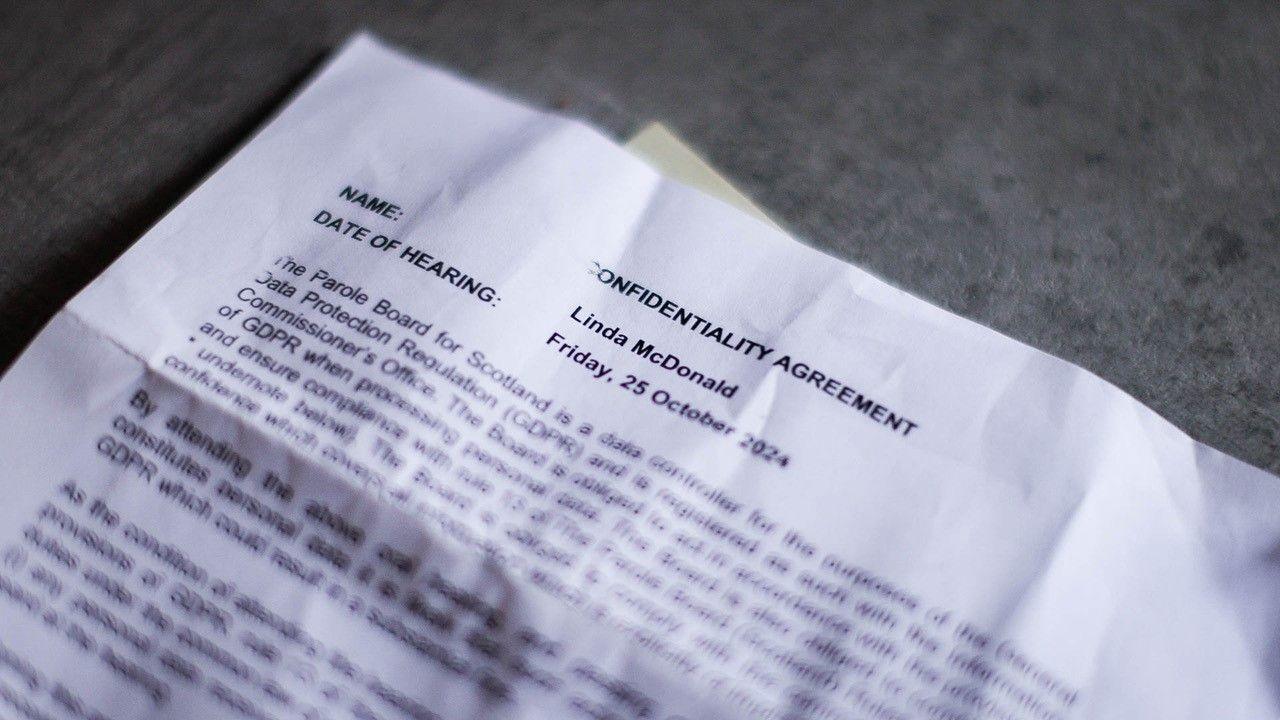
The confidentiality agreement covers all information disclosed at the hearing
Ms McDonald said that following the hearing, she was told that she could only inform her husband and children of the outcome.
She said: "You're giving me permission to tell them, but I can't control what they do or what they see or who they know.
"I have an elderly uncle who's 85 and he's saying, what happened Linda, did he get out?
"And you know, you're gagged.
"It's horrible to put that stress upon me to say, I'm not supposed to tell you whether he's getting out or not."
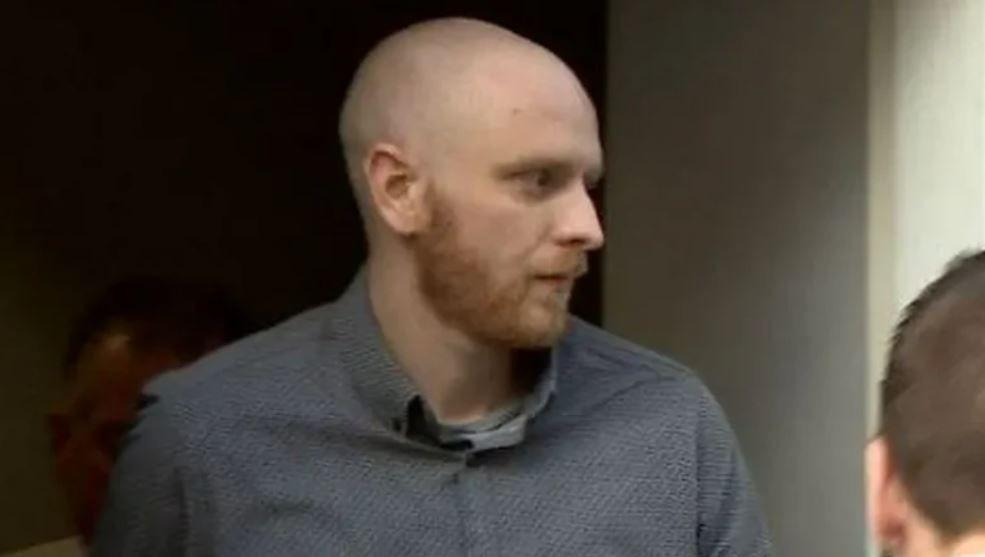
Robbie McIntosh was on home release when he attacked Ms McDonald
In its guidance to victims, the Parole Board for Scotland states: "Anything disclosed during the hearing should not be disclosed to any outside party afterwards."
The Parole Board must publish its reasons for releasing a prisoner.
There is no requirement to publish summaries when a prisoner is not released, although the panel may decide to do so.
In 2022, following McIntosh's first parole tribunal, the body issued a public statement on social media, external, due to "considerable interest", confirming he would not be released.
Ms McDonald said: "I was so grateful because it took the stress and pressure off of me."
Under 2022 legislation, victims in the cases of prisoners given life sentences, orders for lifelong restriction and extended sentences, have the right to observe the parole hearing, usually by live video link.
Ms McDonald said the confidentiality agreement should "be more specific" about which information cannot be revealed, rather than covering every aspect of the hearing.
'I feel threatened'
"If they were to say, you cannot discuss whether it's medical or anything pertaining to the prisoner, then I would understand that," she said.
Ms McDonald subsequently received a letter from the Parole Board saying McIntosh would not be released.
This was not covered by the confidentiality agreement she signed - something Ms McDonald said she was not made aware of.
The Parole Board for Scotland has now clarified to BBC Scotland News that such a letter would not be subject to the agreement.
Ms McDonald said all she cares about is that McIntosh is never released.
She said: "I was at the hands of this monster and nearly died.
"The rules are, that I was told if I spoke out it could affect whether I'm allowed to attend future parole hearings.
"I feel threatened by that statement, I feel gagged."
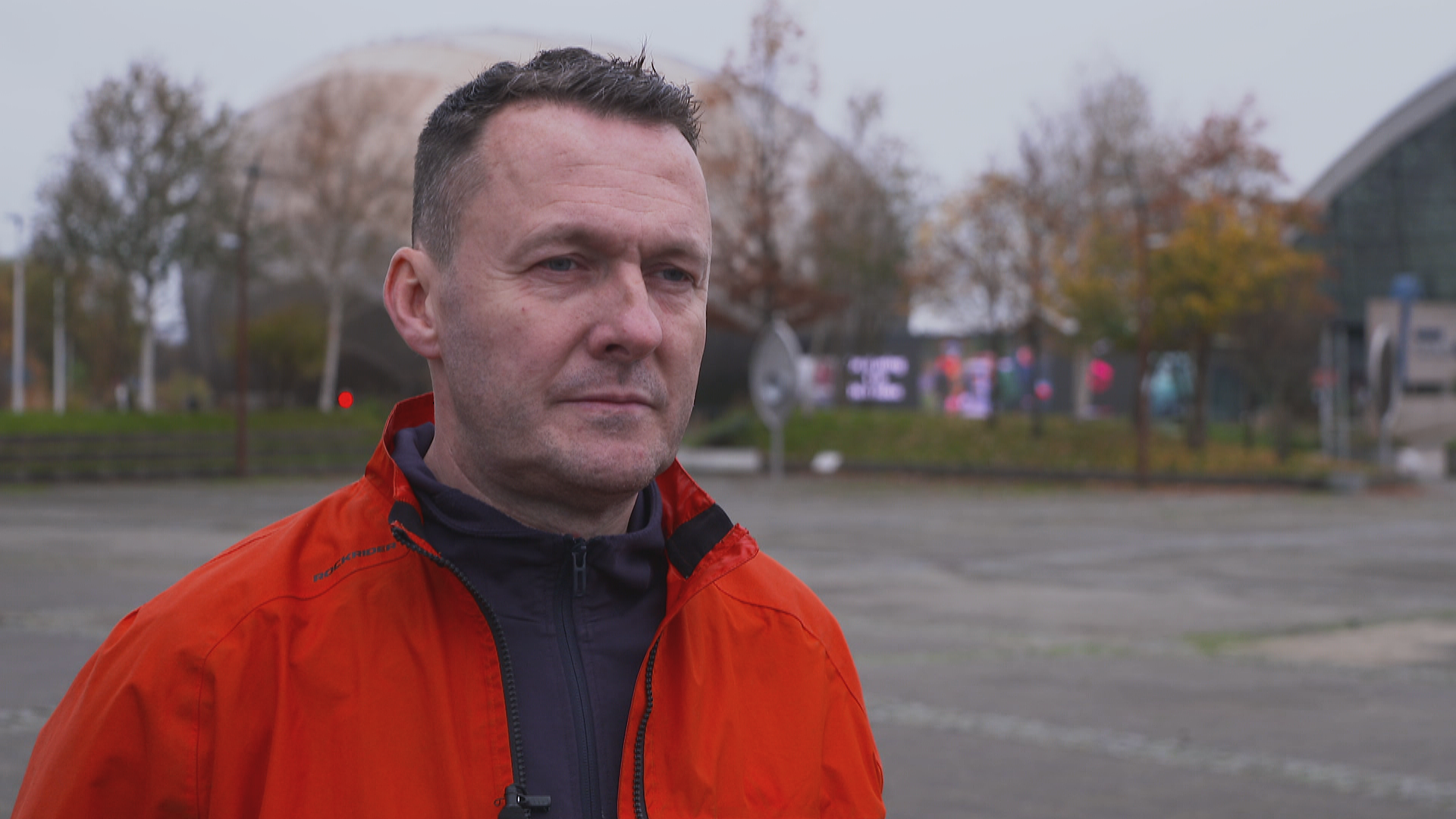
Scottish Tory leader Russell Findlay was attacked in 2015
Scottish Tory leader Russell Findlay, who was targeted by an acid attacker on his doorstep in 2015, said he "absolutely empathised" with Ms McDonald.
He said: "I've engaged with the process myself and I found it to be very secretive.
"Victims or indeed the surviving relatives of murder victims are very often left in the dark.
"I think it's completely unacceptable that any crime victim would be required to (sign) what amounts to a gagging order, when this case is about them."
The Parole Board for Scotland said it did not discuss individual cases.
The board said it was "very aware" of the potential impact of the parole process on victims and said it had taken steps to engage with victims "including through the provision of information".
A spokesperson said: "Victims are asked to sign a confidentiality agreement to confirm they are aware of the requirement for confidentiality and will comply with it."
Related topics
- Published28 October 2024
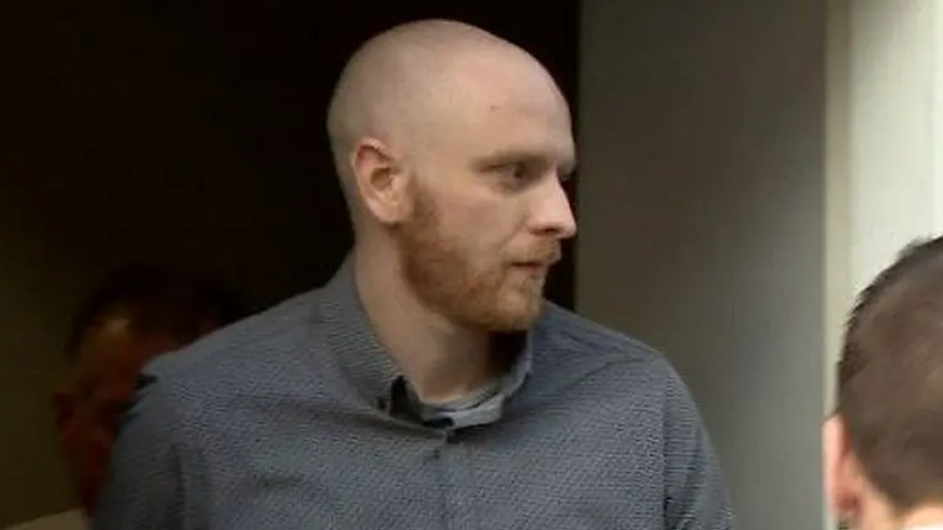
- Published22 February 2018
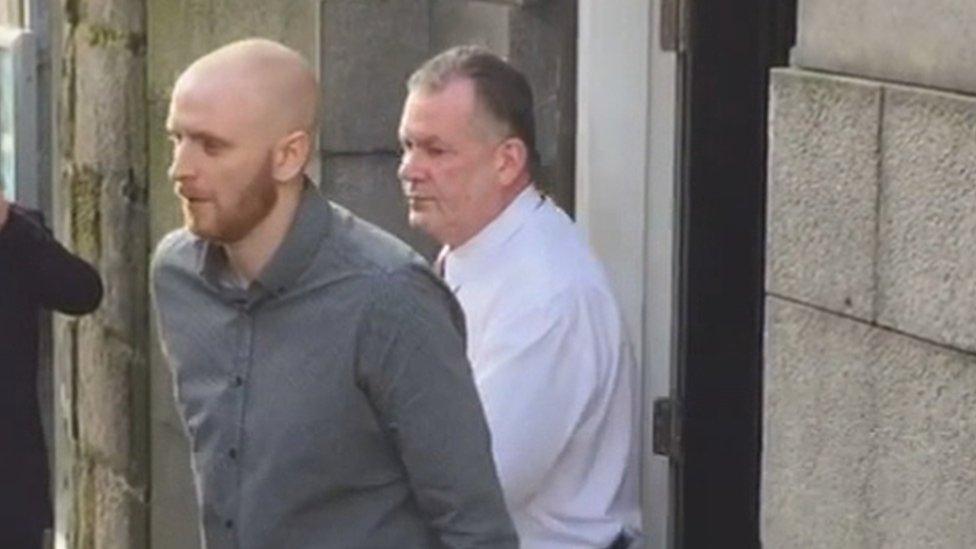
- Published22 February 2018
